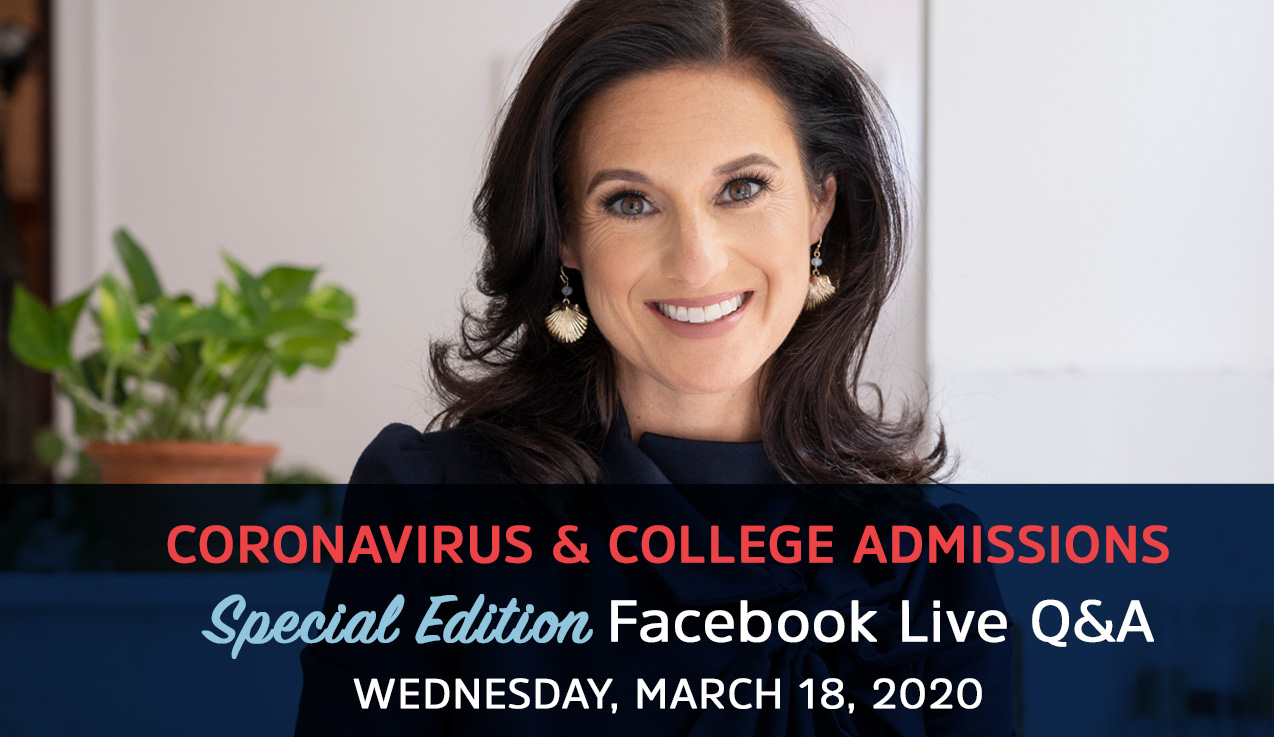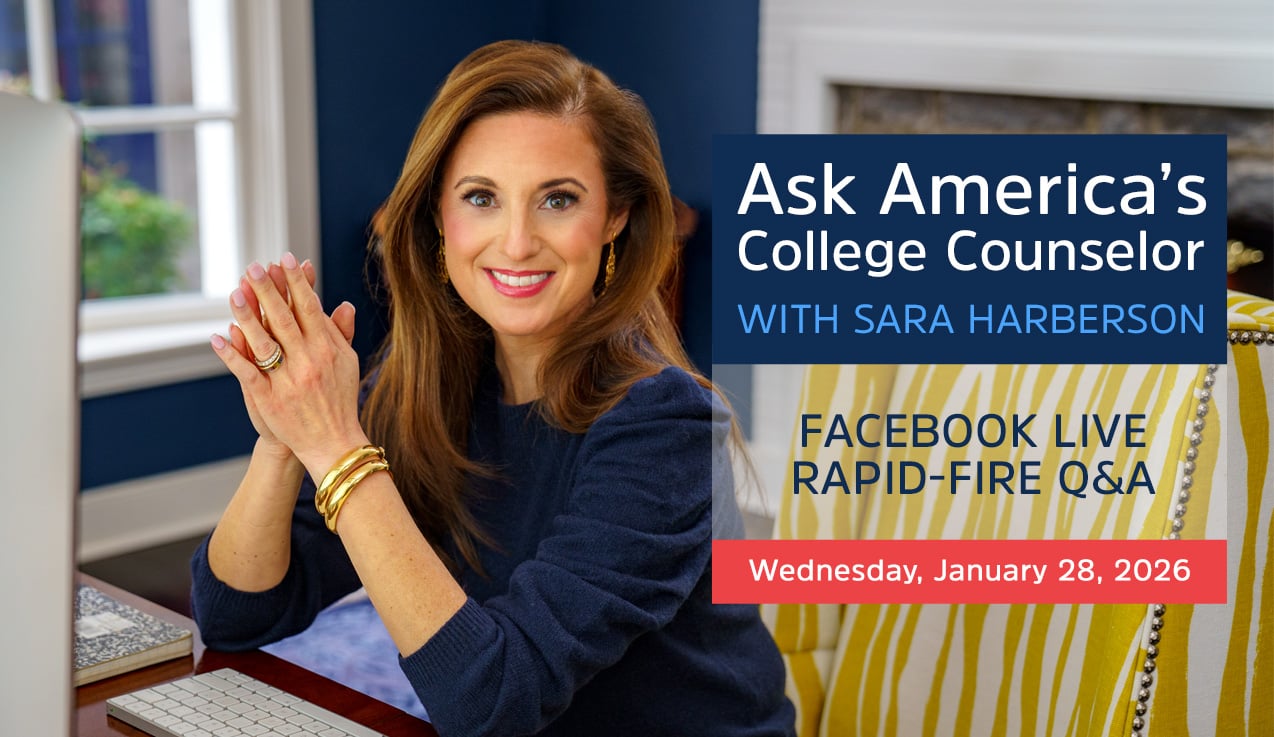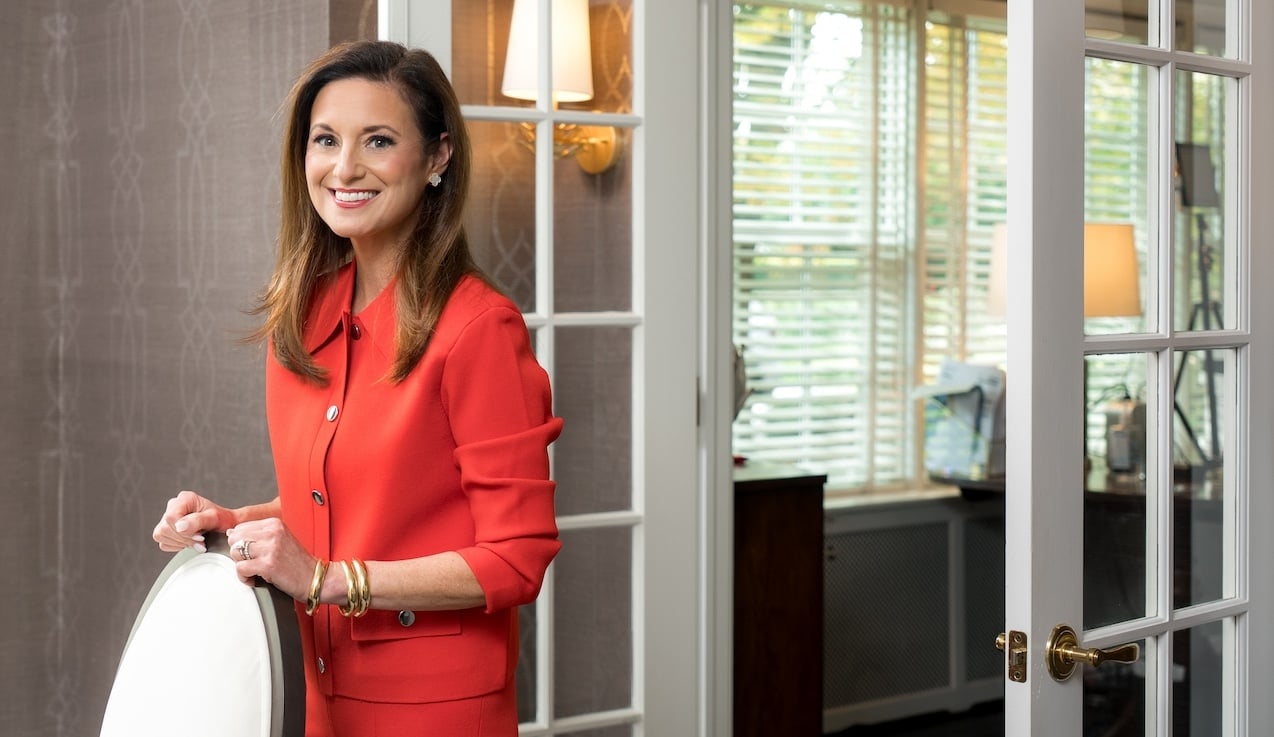I have worked in the college admissions industry for 21 years. I have helped students through 9/11, Hurricane Katrina, Hurricane Harvey, the California Wildfires, and many more natural and unnatural disasters.
What makes COVID-19 different than anything else in the history of higher education is that it affects every single college-bound student. No one is immune to the damaging effects of school closures, college closures, canceled SAT and ACT dates, and activities coming to a screeching halt.
What I tell families right now is to take comfort in knowing that colleges will be uncharacteristically kind and understanding to our kids during this uncertain time. Half the time I state this, I believe wholeheartedly that colleges will do the right thing, now more than ever. I know from working on the college side of this process that institutions step up in times of need. In the past, they extended admissions deadlines to students impacted by these unusual circumstances.
When I worked in the Undergraduate Admissions Office at the University of Pennsylvania, I distinctly remember how we responded to New York-area students right after 9/11. Not only did students get extra time to submit their applications, high school counselors and teachers got extra time to submit transcripts and recommendation letters as well. We were honestly more generous with our offers of admission to those affected that year. It felt like Christmas for those students and for me when the decisions were released. It was the one time when I felt like all of us were making decisions from our hearts.
WATCH: Facebook Live Q&A on Coronavirus and College Admissions
The other half of the time that I assure families that colleges will be accommodating, I pray that this is true. It is my hope that my statements implore even the most hardened admissions dean to do the right thing. As a mom of three kids, I cannot imagine being anything but incredibly flexible during this unprecedented time. For all of the students and parents who still worry, this should serve as a declaration for colleges to adjust their standards, and work under a different set of rules—one where students are the focus rather than their own bottomline.
RELATED READING: Are College Admissions Policy Changes Good for Students—or the Colleges Themselves?
The Class of 2020 needs support as they make their final decisions. Every college should extend the national reply date beyond May 1. High school seniors cannot rely on revisiting campus (or visiting for the first time) after being admitted. They don't have the benefit of seeing classes in full session, dorms in full splendor, and students experiencing college life in its unfiltered beauty before making a decision. Families' investments are in question and time will tell if traditional college life will commence again in the fall. Colleges need to do everything they can to ensure that their future students have resources and financial incentives to commit to them. If they don't, colleges will be left holding the proverbial bag of missed opportunities.
The current junior class will be the most affected by the coronavirus. Many test sites for the March SAT were canceled. The April ACT is canceled, and so is the May SAT. Most high school juniors take these standardized tests for the first time in the spring. Without an official test under their belt by the time the school year ends, many students will take the test for the first time in the summer or fall of senior year. As colleges know all too well, students' scores generally increase over time. Admissions deans need to prepare their presidents and boards of trustees right now for lower average scores. This is not the year to expect a "stronger class" based on standardized tests. They may even need to waive testing requirements if the SAT and ACT continue to be canceled. It will be a watershed moment for colleges to take the time to give every student a fair shot in the admissions process instead of dismissing them for slightly lower test scores. There is always a silver lining.
Grades of students may also be affected. This is when colleges must take a hard look at what they do before judging students unfairly. Until this moment in history, elite colleges have not adopted virtual online classes for a reason. They value the face-to-face interaction between students and educators. There is a high probability that some of our most curious and talented high school students may not respond to virtual learning the same way they did with real in-person classes. Getting lower grades is expected as students and teachers adjust to a new normal.
And extracurricular accomplishments like winning an academic competition or serving a pivotal role in a school club are now just a shadow of what could have been. I encourage students to use this time to contribute to their family in ways not typically celebrated in college admissions: helping younger siblings with school work, cooking meals for the family, and devising plans for all of us to find much more than a silver lining, not only for ourselves, but also for our world. It means colleges must value what we rely on from here on in: family, unity, and survival.
READ MORE: How Coronavirus Could Impact College Admissions
This brings me back to what has kept me in this field for so long. When colleges make decisions from their hearts rather than what looks right or what gets them ahead unscrupulously, they recognize individuals for what they can contribute rather than what the colleges can gain from them. I side with the students this time and every time. All eyes are on the colleges to honor those students just the same.












